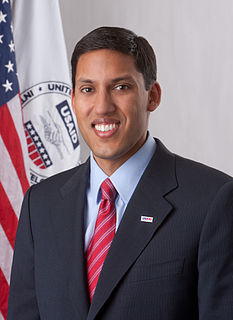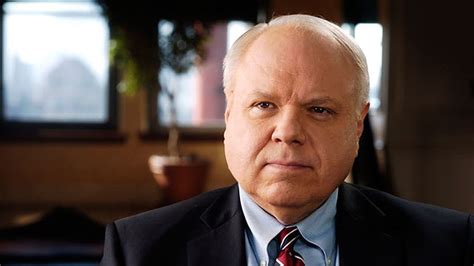A Quote by Jimmy Carter
In the Great Depression in which I grew up and remember vividly, unemployment was over 25 percent, and over 35 percent where I lived. A grown man would work all day, 16 hours, for a dollar. I remember hundreds of people walking by, people who had come down from the North just to get warm. They would come to our house as beggars even though they might have a college education. People didn't have money. They bartered; they'd trade eggs or pigs. It was just completely different.
Quote Topics
All Day
College
College Education
Come
Day
Depression
Different
Dollar
Down
Education
Eggs
Even
Get
Great
Great Depression
Grew
Grew Up
Grown
Grown Man
Had
Hours
House
Hundreds
Just
Lived
Man
Might
Money
North
Our
Over
People
Percent
Pigs
Remember
Though
Trade
Unemployment
Up
Vividly
Walking
Warm
Which
Work
Would
Related Quotes
The black unemployment rate has to be twice that of the white rate in the US. If the national unemployment rate were 6.8 percent, everyone would be freaking out. We ought to not take too much solace in the 6.8 percent, but ask ourselves what can we do to bring that down to white rates, which are below 4 percent now. Some of that has to do with education, but that's just part of the story. You find that those unemployment differentials persist across every education level. I think it means pushing back on discrimination and helping people who can't find work get into the job market.
The Democrats say the rich are rich because they stole all of their money or somehow fleeced the poor for all of their money. "If it weren't for these cheating, skunk, lying, rich people, you poor people would have the money! You remember when you had this, right? You remember when you had that house on the beach and your Rolls-Royce, and then one day some rich guy came over and stole it all from you? You remember that? So you want to vote for Obama and the Democrats to get your house back and your Rolls-Royce 'cause you remember when Koch brothers came and took it from you."
If we continue on the trend we’re on, we can reduce extreme poverty by more than 60 percent-lifting more than 700 million people out of dollar-and-a-quarter a day poverty and back from the brink of hunger and malnutrition. But if we accelerate our progress from 3 percent annual reduction to over 6 percent and focus on key turnarounds in some difficult countries, we could get a 90 percent reduction. We could essentially eliminate dollar-and-a-quarter head count poverty.
If we had 3 percent growth, which is what we're trying to get to, what we're at, by the way, right now, we're trying to maintain that 3 percent growth. If we had been at 3 percent growth over the last ten years, the budget very nearly would be balanced in 2017. That's how big a difference it makes when you grow the American economy that additional 1 percent over ten years.
I'm a lesbian. Yup. Hundred percent. Hundred percent. I remember being in college, and I had fallen in love with this woman, and I remember sitting in my dorm room saying out loud to myself, like, 'You have enough problems. You are not gonna let this happen.' You just kinda, like, stuff it away until - well, some people stuff it away forever.
Up until 1986, the top marginal rate, the top statutory rate was 50 percent. Now it's 35 percent. And all the pressure is on to lower that even further. And this just doesn't make a great deal of sense. When people say, 'Oh, we can't raise taxes on the rich. They'll go on strike, they'll move to another country.' But within recent memory, it hasn't been that long ago that we had rates that were substantially higher. And these people did just fine. I just think that there's a disconnect between the facts of what taxes do and the sort of mythology of what they do.
Great people in the United States have been disenfranchised.I'll give you an example, it has always been the way to do it, to work hard, save your money, put your money in the bank, get interest on your money and retire wealthy, at least modestly wealthy. Well, the people that have done that have been hurt terribly because there is no interest on your money. You get no money. I just signed for some CDs where you are getting a quarter of one percent. A quarter of one percent! They don't even want your money, the banks.
I believe the Visa Waiver Program, it essentially is the soft underbelly of the visa system. Now we have 35 countries in it. We have 16 million people coming in. I believe the overstays still run about 40 percent of the undocumented population. In other words, there's 40 percent that you really don't know where it came from is what I'm trying to say. And I've always suspected people come in on a visitor's visa and they just decide to stay, and that's a large part of the undocumented population.
Economists often talk about the 80/20 Principle, which is the idea that in any situation roughly 80 percent of the “work” will be done by 20 percent of the participants. In most societies, 20 percent of criminals commit 80 percent of crimes. Twenty percent of motorists cause 80 percent of all accidents. Twenty percent of beer drinkers drink 80 percent of all beer. When it comes to epidemics, though, this disproportionality becomes even more extreme: a tiny percentage of people do the majority of the work.



































